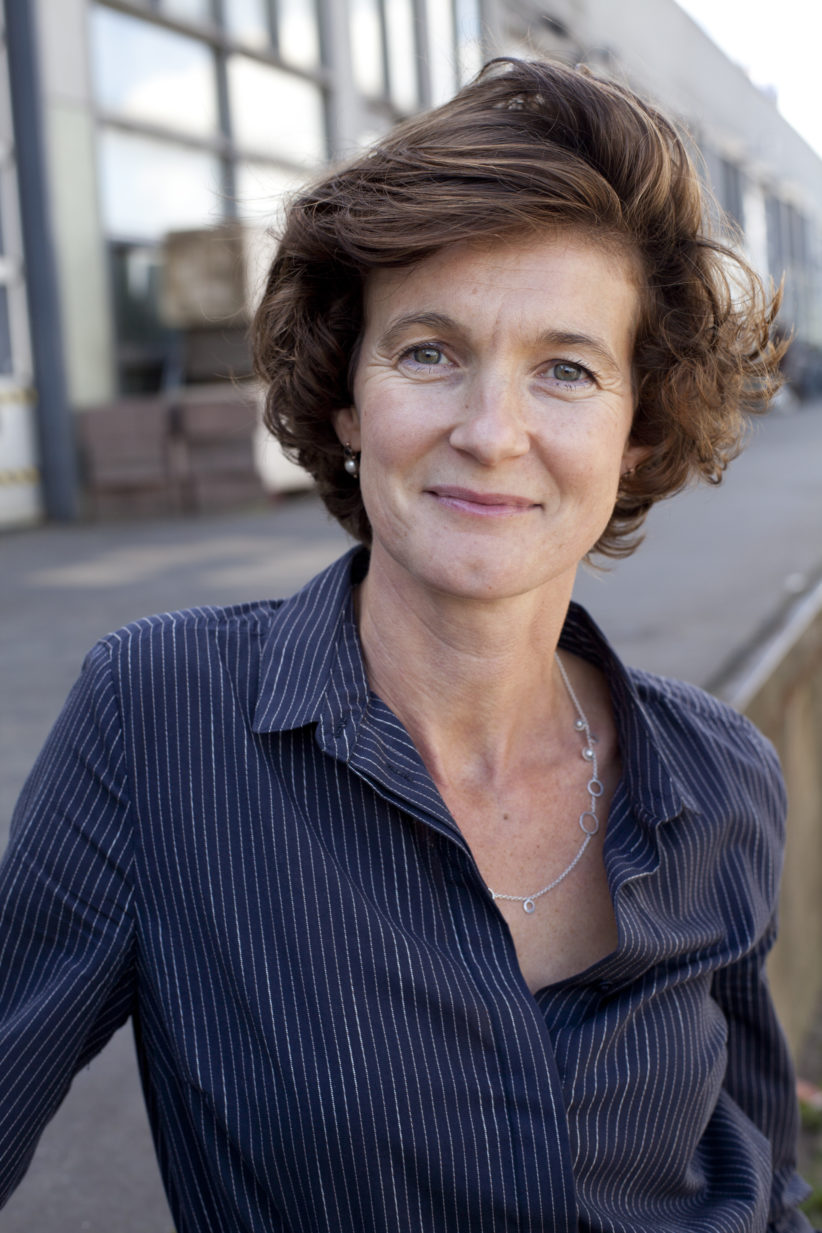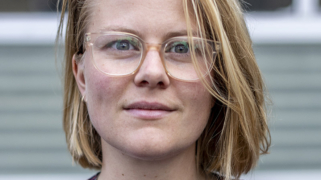Social innovation: off the sidelines and into the game
Chris Sigaloff was a speaker at the SIX Wayfinder Conference last week in London. An event in which 150 leading experts in the field of social innovation came together to explore what more can be achieved in the next ten years. Chris gave a personal reflection on her experiences++Chris SigaloffChris is director of Kennisland, think and do tank for societal renewal. working in this field instigated by the current political situation in the Netherlands and around the world.
It was about eight years ago that I came in contact with the social innovation movement. I believe it was at the second SIX Summer School in Lisbon where I was reading the BEPA report of 2010 ‘Empowering people, driving change: Social Innovation in the European Union’.++ReportThis report has been written in response to a request from the President to produce an analysis of suggestions received from participants in a workshop on social innovation organised by the Bureau of European Policy Advisers in January 2009. For me, the concept of social innovation was appealing for differing reasons and gave a very helpful umbrella for the work we were doing at Kennisland.
First of all, it shifted the attention from the economy to real life societal challenges. Until then, our focus was on economic growth as the main driver for societal renewal. Secondly, it made it possible to include non-experts and for normal people to have a part in creating a better society. It democratised knowledge, policymaking and innovation. Social innovation not only focused on politicians, academics and senior executives, but also on normal people… workers, teachers, the elderly, students, and migrants, who were not only seen as consumers, but as real citizens. Thirdly, it gave more attention to processes and ways of working (for methods and approaches, such as design thinking, prototyping etc ), rather than just focusing on good ideas, outcomes and end results; thus, it provided space for learning and experimentation. It made it possible to ask questions, instead of just promoting answers.
The fact that there were a lot of different definitions of the term ‘social innovation’ was – although tiring as hell – also quite nice. It made it possible to keep it open, ambiguous and a bit vague. As such it could include more than one meaning and multiple meanings at the same time.
We did many projects++KL projectsFor an overview of Kennisland’s projects look here. in different fields, such as education, the social sector, the cultural sector and, of course, across the different sectors. This was never easy since we were always working from the outside in: fighting the system, trying to get our foot in the door, often being perceived as an add-on or just a nice little creative project or worse: ‘an innovation project’ (which usually meant the end of it).We were trying to get our foot in the door, often being perceived as an add-on or just a nice little creative project or worse: ‘an innovation project’ (which usually meant the end of it).
SIX++SIXSIX is a global network focusing on social innovation. It connects innovators and provides a platform for knowledge sharing and capacity building. was a much needed support, a safe haven, the place where you were with likeminded actors, where you could share experiences and gain knowledge, which perhaps explains the overly inward looking character of the social innovation movement.
In the Netherlands, in a few weeks time, we have our national elections. And in times of Brexit and Trump, there really is a very big chance that the populist party will win. The PVV++PVVThe Party for Freedom (Dutch: Partij voor de Vrijheid) is a Dutch nationalist and right-wing populist political party with program items like administrative detention and strong assimilationist stance on the integration of immigrants into Dutch society. In addition, the party is consistently Eurosceptic and is strongly advocating withdrawal from the EU., the right-wing party of Geert Wilders, is leading in the polls. It’s very scary. There is so much talk about fear, hate, closing borders. The slogan is ‘Make Holland Ours Again’.
So now the question on my mind is: what can social innovation do to oppose this rightwing movement? What can we do to prevent our country becoming one the most closed countries, instead of the open and liberal country we were once famous for?
Action and positivism
Social innovation actually has the elements that could provide this necessary alternative. Its values are about openness, about inclusion, about empowerment and equality. And its positivism is based on hope, instead of on negativism and fear. And on action: doing things, instead of just talking and analysing.Social innovation has the elements that could provide a necessary alternative. Its values are about openness, inclusion, empowerment and equality. Its positivism is based on hope, instead of negativism and fear. And on action: doing things, instead of just talking and analysing.
In the Dutch political debate, it seems that social innovation has no real role. I have also remained far from active politics since I do not feel much affiliation with any of the parties. But now I ask myself, have we been so busy setting up experiments, talking about methods and innovating (amongst ourselves) that we distanced ourselves from politics and from the real issues? Have we blinded ourselves by a fake fantasy of ‘making the world better’? Are we losing sight of reality? Are we distracting ourselves from really influencing politics and should we spend more time making the left progressive parties a better alternative? Or even create our own alternative political parties as for example Uffe Elbæk has done in Denmark by setting up the Alternative Party?++Alternative PartyFrom their website: ‘The Alternative is an action-oriented international party with a special focus on serious sustainable transition, a new political culture and the entrepreneurial creative power of society and individuals. A party which has the courage to imagine a radically different future.’ Or is our work inherently political as it is, since everything we do (empowering teachers, lobbying for open rights etc) is a political act in itself?
So my main question for all of us in the social innovation field is: how can we create an alternative voice, attack some of the current myths (like ‘social entrepreneurship will change the world’ and ‘technology will save us all’), bring back faith to our democratic system and create new appealing visions of the future: where people are not treated as consumers, but empowered citizens, as was stated in the BEPA report.





